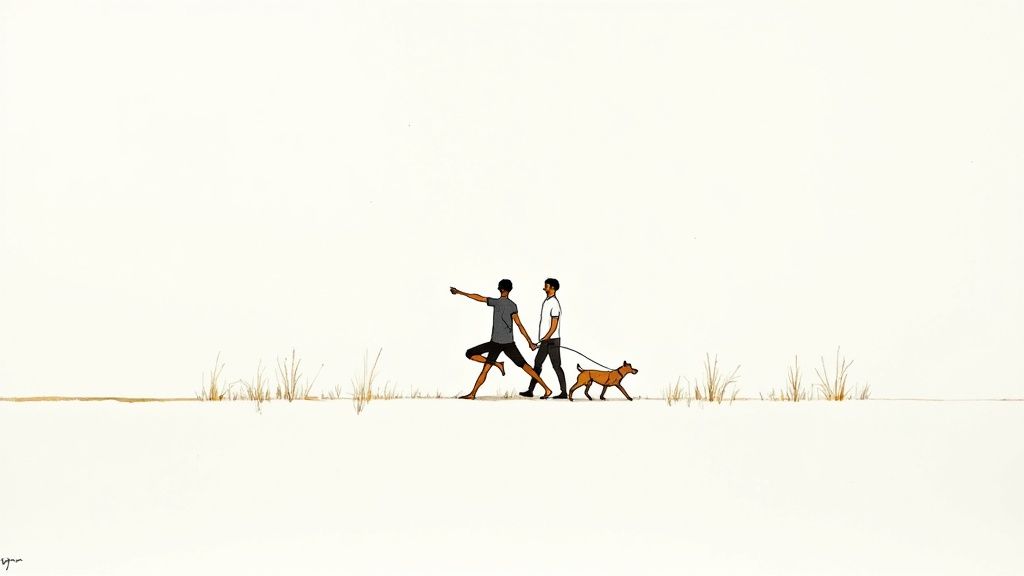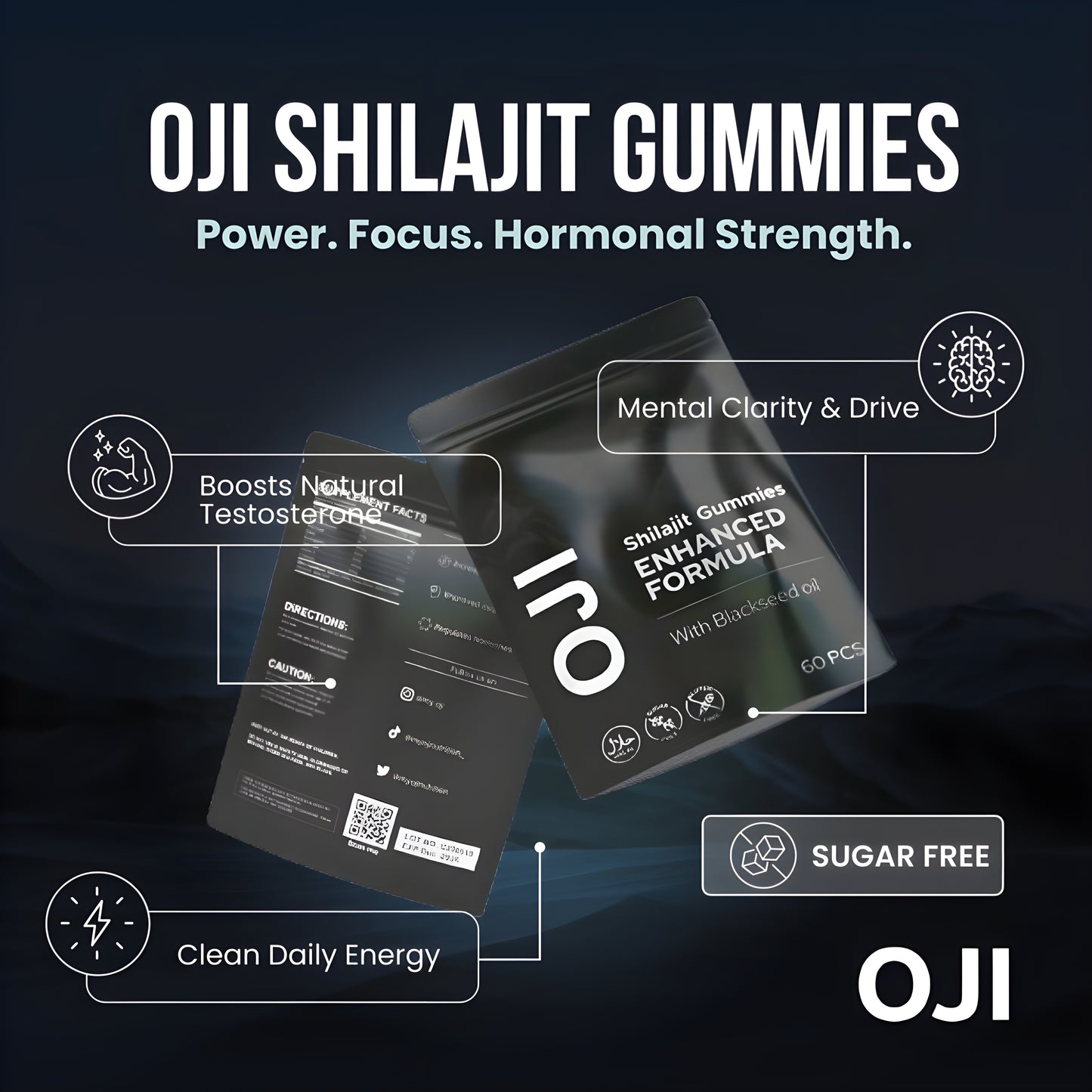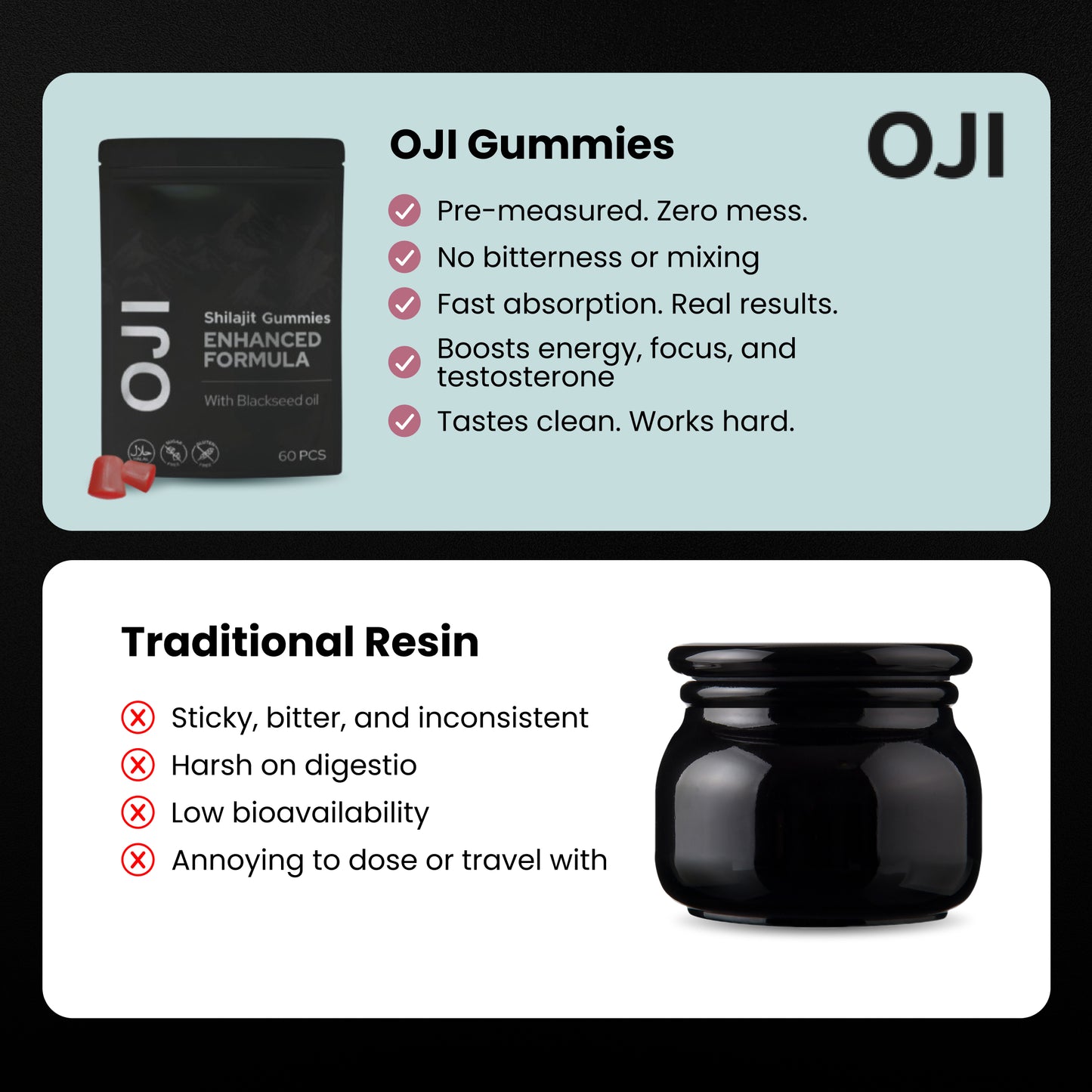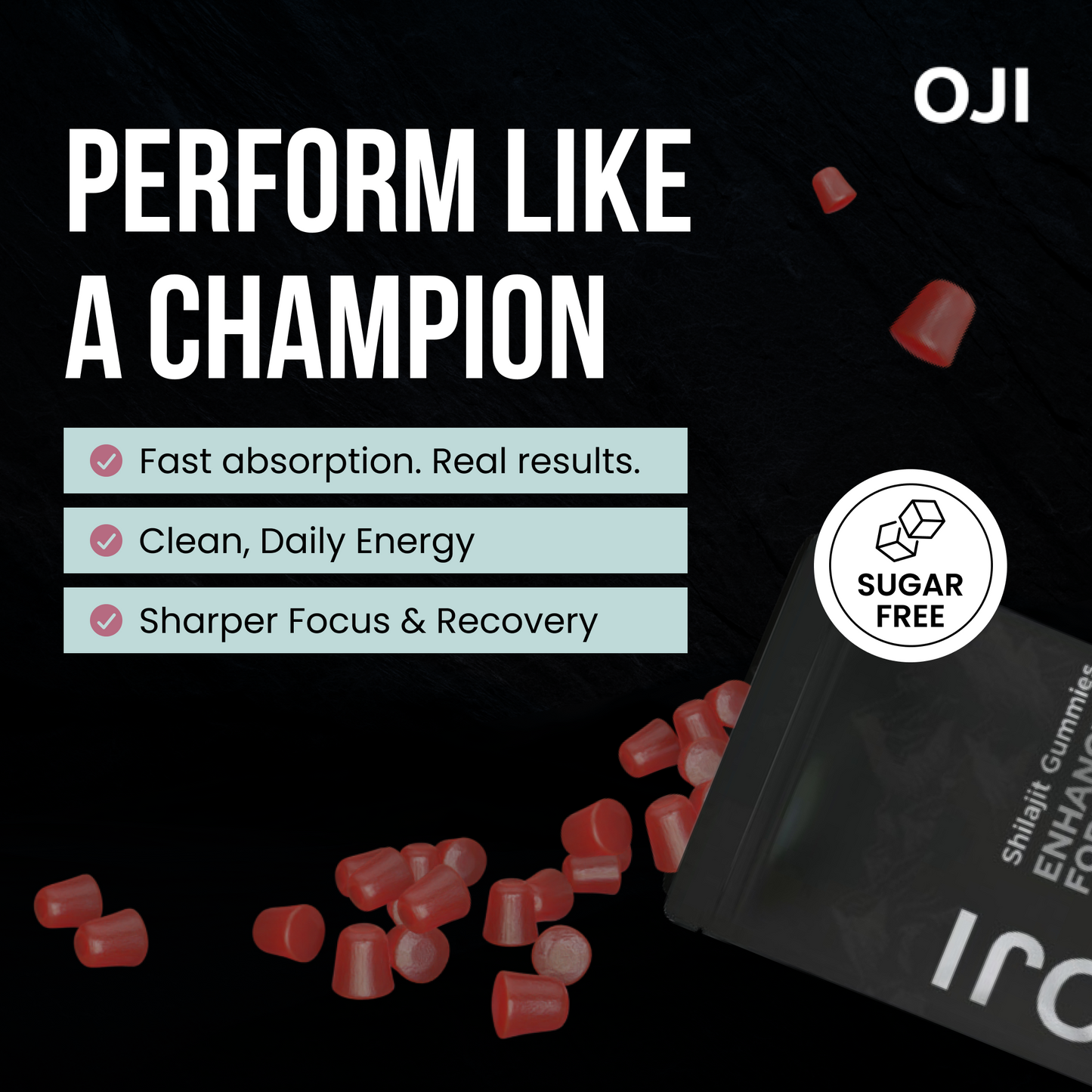When we talk about aiming to natural balance hormones, we're not just trying to force your body into a rigid, unchanging state. It’s about creating the right conditions for your body's communication system to work as it should. The goal is to support your hormones—like cortisol, insulin, and oestrogen—so they can perform their jobs properly. Taking actionable steps in your daily life can lead to more energy, a better mood, and a genuine feeling of well-being.
What It Really Means to Balance Your Hormones
The phrase "hormonal balance" can be misleading. It might bring to mind a perfectly still and level scale, but our bodies are much more fluid. Your hormones are designed to rise and fall throughout the day, the month, and different stages of life. Real balance is when these fluctuations happen smoothly, without the jarring symptoms that throw your daily life off-kilter.
These chemical messengers manage everything from how you burn energy and how well you sleep to your mood and reproductive health. When they work in harmony, you feel energetic, sharp, and able to handle daily challenges. But when the signals get crossed, you can end up with persistent problems that are often mistaken for the normal effects of a busy life.
Recognising the Subtle Signs of Imbalance
It's easy to brush off early warning signs. We often blame persistent tiredness, unpredictable moods, or stubborn weight changes on stress or a packed schedule. But more often than not, these are the classic red flags of a hormonal hiccup.
The infographic below shows just how common these symptoms are for people dealing with compromised hormonal health.
It's telling that nearly half of people with imbalances point to fatigue as a major issue. This drives home how much our daily energy depends on our hormonal health being in a good place.
The Growing Awareness in the UK
If you’re looking for answers, you're not alone. Here in the UK, there's been a massive surge of interest in hormonal health. Online searches for 'how to balance hormones' have doubled in the last few years. This reflects a real shift in public awareness about how deeply hormones impact everything from fertility to feeling good day-to-day. It’s becoming clear that healthy habits—like regular movement, a nourishing diet, and finding ways to manage stress—are non-negotiable for keeping this delicate system in balance.
The key thing to remember is that your body has an amazing, built-in ability to find its own equilibrium. A natural approach is all about removing the roadblocks—like chronic stress, a poor diet, and not enough sleep—that get in the way of it doing its job.
Getting to the root of the problem is everything. For instance, being under constant stress can lead to chronically high cortisol levels, which is sometimes linked to adrenal strain. To get a better grasp on this, you can check out our guide on what adrenal fatigue is and see how it connects to your body's stress response. Once you learn to recognise what your body is trying to tell you, you can start taking practical, informed steps to get back in the driver's seat.
How Your Diet Shapes Your Hormonal Health
What you eat is the most powerful tool you have for building a foundation for balanced hormones. The food on your plate provides the building blocks your body needs to produce and regulate every single hormone, from cortisol to insulin.
Think of it less like a restrictive diet and more like a communication strategy—you're giving your body the right information to function smoothly.

This isn't about chasing perfection or cutting out entire food groups. It's about consistently choosing foods that stabilise your blood sugar, reduce inflammation, and nourish your gut, which is intimately connected to your endocrine system. Every meal is an opportunity to send a supportive signal to your body.
Macronutrients Your Hormones Love
Getting the right mix of protein, fats, and carbohydrates is fundamental. These macronutrients are the fuel and raw materials for hormonal health, and skimping on any of them can throw the entire system out of whack.
- Action Step: Include Quality Proteins: Amino acids from protein are essential for creating peptide hormones and supporting the liver. Aim to include a source with every meal—think eggs, lentils, lean meats, or fish. This also helps keep you full and stabilises blood sugar.
- Action Step: Choose Healthy Fats: Your body cannot make sex hormones like oestrogen and testosterone without fat and cholesterol. Include sources like avocado, olive oil, nuts, and seeds. Omega-3s, found in oily fish, are particularly powerful for taming inflammation.
- Action Step: Eat Complex Carbohydrates: Forget the idea that all carbs are bad. Fibre-rich carbs from sources like sweet potatoes, quinoa, and colourful vegetables provide a slow release of energy. This helps prevent the cortisol-raising blood sugar crashes that come from refined sugars and white flour.
A core part of this approach involves building balanced meal plans that consistently provide these essential nutrients and support your overall well-being.
Start with simple swaps. Instead of overhauling your entire kitchen, focus on small, manageable changes that you can stick with.
Hormone-Supportive Food Swaps
| Instead Of This | Try This Instead | Why It Helps |
|---|---|---|
| Sugary cereal or toast | Scrambled eggs with spinach and avocado | Provides protein and healthy fats to stabilise blood sugar and keep you full all morning. |
| White pasta or rice | Quinoa or sweet potato | Offers fibre-rich, complex carbs that release energy slowly, preventing insulin spikes. |
| Processed vegetable oils | Extra virgin olive oil or coconut oil | These are anti-inflammatory fats that provide the building blocks for hormone production. |
| Coffee on an empty stomach | A glass of water first, then coffee with a protein-rich breakfast | Helps manage cortisol levels by avoiding a blood sugar crash first thing in the morning. |
| Sugary snacks (biscuits, sweets) | A handful of almonds with a piece of dark chocolate | A great source of magnesium and healthy fats that satisfies cravings without the sugar rush. |
These small adjustments can make a surprisingly big difference over time, gently nudging your body back toward a happier hormonal state.
Micronutrients: The Unsung Heroes
While macronutrients provide the structure, micronutrients are the spark plugs that make everything work. Many of us are running low on key vitamins and minerals needed for optimal hormonal function.
For instance, magnesium is involved in hundreds of bodily processes, including calming the nervous system and supporting sleep. Zinc is crucial for thyroid health, and B vitamins play a vital role in managing stress. You can get more details on this by exploring the best vitamins for hormone balance in our dedicated article.
It's easy to focus on what to remove from your diet, but a more effective approach is to focus on what you can add. Crowding your plate with nutrient-dense foods naturally leaves less room for the things that disrupt your hormones.
Nourish Your Gut to Balance Your Hormones
The gut microbiome is now seen as a major endocrine organ. A healthy gut helps regulate oestrogen levels through an enzyme group known as the estrobolome. When your gut bacteria are out of balance, this process can falter, potentially leading to an excess of circulating oestrogen.
To support your gut, focus on probiotic-rich foods like kefir, kimchi, and sauerkraut, and ensure you're eating plenty of fibre from a variety of plant sources. These actions feed your beneficial gut bacteria and support a healthy hormonal environment.
Mastering Sleep And Light For Endocrine Support
It’s not all about diet and exercise. The daily cycles of light and darkness have a massive influence on your endocrine system. Taking control over your sleep and light exposure is one of the most powerful actions you can take to find your natural balance hormones.

This all comes down to your circadian rhythm—your internal 24-hour clock. It tells your body when to release crucial hormones like cortisol (for waking up) and melatonin (for winding down). When that rhythm gets knocked off course, it creates a hormonal cascade, throwing your stress response, energy, and even your reproductive hormones out of whack.
Harnessing Morning Light And Managing Evening Blue Light
One of the best things you can do for your hormones is to get some natural light within the first hour of waking up. This single act helps to anchor your circadian rhythm, telling your brain to turn down melatonin and gently raise cortisol to get you going.
Action Step: Get 10-15 minutes of daylight on a cloudy UK morning.
On the flip side, the blue light from screens does the opposite in the evening. It fools your brain into thinking it's still daytime, which can delay the melatonin surge you need for deep, restorative sleep.
Here are a few practical ways to fight back:
- Have a 'Digital Sunset': Put away all screens at least 90 minutes before you want to be asleep.
- Use Blue-Light Filters: Turn on the "night mode" on your phone and computer in the evening.
- Switch to Warmer Lighting: Ditch bright overhead lights and use warm, dim lamps to mimic a natural sunset.
Chronic light pollution now affects a staggering 70% of people in the UK, messing with our natural sleep-wake cycles. In big cities like London, the night sky can be up to 500 times brighter than it should be, creating an environment that’s constantly suppressing our melatonin.
Creating A Sleep-Supportive Sanctuary
Your bedroom environment plays a massive role in your sleep quality. The aim is to create a space that signals safety and calm to your nervous system.
Here’s a key insight: the consistency of your sleep routine is often more important than the duration. Going to bed and waking up at roughly the same time every day—even on weekends—is the best way to reinforce your body's internal clock.
Transform your bedroom into a sanctuary dedicated only to rest. Make it completely dark, cool, and quiet.
- Go Dark: Use proper blackout curtains or a good quality eye mask to block out all light.
- Keep It Cool: Set your thermostat to around 18°C (65°F). A cooler room helps your core body temperature drop, which is a natural signal for sleep.
- Minimise Noise: Use earplugs or a white noise machine to create a consistent, peaceful soundscape.
To really get on top of this, it helps to understand the profound impact of sleep on overall health. By making these foundational habits a priority, you give your body the deep rest it needs to repair, regenerate, and bring your hormones back into harmony.
Using Movement And Stillness To Manage Stress
The way you move your body—and just as importantly, the way you allow it to be still—has a direct, profound impact on your hormonal state. Chronic stress is one of the biggest villains when it comes to hormonal harmony, keeping cortisol levels stubbornly high. Learning to manage this through both intelligent exercise and intentional relaxation is a genuine game-changer.

This isn’t about pushing yourself harder at the gym. In fact, for many with already-stressed systems, high-intensity workouts can do more harm than good by sending cortisol even higher. The goal is to build a routine that energises your body without piling on more stress.
Moving Intelligently For Hormone Balance
Think of exercise as a conversation with your hormones. You want that dialogue to be supportive, not a shouting match. Over-exercising can send a panic signal through your body, while the right kind of movement can feel deeply restorative.
Gentle, consistent activity really shines here. Things like brisk walking, yoga, and swimming are fantastic because they build strength and improve circulation without triggering a massive stress response.
For example, think about making these kinds of shifts:
- Instead of: Pushing through a gruelling, high-intensity session when you're already exhausted.
- Try: A 30-minute walk in a park, focusing on deep breathing as you move.
- Instead of: Hours of cardio aimed at "burning off" stress.
- Try: A restorative yoga or stretching session that directly calms your nervous system.
This approach helps to regulate your adrenal output, preventing the burnout that so often comes from a "more is more" fitness mindset.
The Power Of Intentional Stillness
In our constantly connected world, true stillness has become a rare luxury. Yet, it’s in these quiet moments that your nervous system gets the chance to downshift, pulling you out of the "fight-or-flight" mode that keeps cortisol elevated.
This doesn't have to mean an hour of silent meditation. You can weave small pockets of stillness into your day with simple, powerful techniques. One of the most effective is diaphragmatic breathing, or "belly breathing."
Action Step: Place a hand on your stomach and focus on it expanding as you inhale for a count of four, then letting it fall as you exhale for a count of six. This simple act can signal immediate safety to your brain. Doing this for just two minutes can have a measurable effect on your stress levels.
This mindful practice helps to lower cortisol and brings your body back into a state of rest and repair—absolutely essential for hormonal regulation. If you want to explore more strategies like this, our guide on how to lower cortisol levels naturally is packed with additional actionable tips.
By combining mindful movement with moments of intentional calm, you create a powerful synergy. You're not just managing stress; you're actively building a more resilient hormonal system. It’s a sustainable path to feeling more centred and energised.
Finding the Right Natural Supplements for Hormone Support
Getting your diet, sleep, and stress levels in check is always the foundation of happy hormones. But sometimes, your body needs a bit of extra, targeted support. This is where supplements can be brilliant allies on your journey.
Think of them less like a magic pill and more like a way to top up any nutritional gaps or introduce specific compounds that boost your body’s own resilience. The trick is to be intentional and do a little homework first. It’s not about rattling with a dozen different bottles, but about finding one or two high-quality options that genuinely meet your body where it’s at.
First, Let's Talk Adaptogens and Nutrients
One of the most exciting areas of natural hormone support is a class of herbs called adaptogens. These are clever botanicals that don't force your body in one direction but instead help it adapt and manage stress more effectively. They work by strengthening the systems that feel the strain the most, especially your adrenal glands, which are in charge of pumping out the stress hormone cortisol.
This is exactly where a substance like Shilajit fits in. It’s been used for centuries for a reason. It’s packed with minerals and, crucially, fulvic acid, which acts like a taxi service, delivering all those vital nutrients directly to your cells. By supporting your energy at a cellular level and dialling down the physical impact of stress, Shilajit can help create a much more stable hormonal backdrop.
Of course, beyond the clever adaptogens, you need the basics. It's surprising how many of us are low in the key vitamins and minerals that our endocrine system needs just to do its daily job.
A good supplement should always complement your lifestyle, not compensate for it. The real magic happens when you combine targeted supplementation with healthy daily habits – that’s how you get a truly powerful effect on your hormonal health.
What to Look For in a Quality Supplement
Walking into a health food shop or browsing online can feel pretty overwhelming. To make sure you’re choosing something that’s both safe and effective, just focus on a few key quality markers.
Here’s what really matters when you’re picking a supplement:
- Third-Party Testing: This is non-negotiable. It means an independent lab has checked the product to confirm it has what it says it has, and more importantly, that it’s free from any nasty contaminants.
- Clean Ingredients: Have a quick look at the label. You want to see a short, simple list without a load of weird fillers, artificial colours, or binders you can’t pronounce.
- Bioavailable Forms: It’s not just what’s in the supplement, but what your body can actually absorb and use. For instance, magnesium glycinate is known for being much easier for the body to absorb and gentler on the stomach than magnesium oxide.
- Transparent Sourcing: Good brands are proud of where their ingredients come from and are happy to tell you. For a natural resin like Shilajit, you want to be sure it’s sourced from clean, high-altitude mountain ranges.
Got Questions About Balancing Your Hormones?
Diving into the world of hormonal health can sometimes feel like you’re trying to learn a new language. As you start to see how your daily life connects to how you feel, it’s only natural to have a few questions pop up. We get it, and this section is all about giving you clear, straightforward answers to the things we’re asked most often.
We want to clear up any confusion and help you feel confident putting these ideas into practice. Think of this as your quick-reference guide to keep you on track as you work towards bringing your hormones into a natural, lasting balance.
How Long Until I Start Seeing Results?
This is easily the question we hear the most, and the honest-to-goodness answer is: it’s different for everyone. Your unique hormonal makeup, your lifestyle, and—most importantly—how consistently you stick with these changes all play a massive role.
Some people feel a subtle lift in their energy and mood within just a few weeks of cleaning up their diet and getting serious about sleep. For bigger shifts, like regulating your cycle or calming down stubborn skin issues, it’s much more realistic to think in terms of months, not days.
The real magic is in patience and consistency. Your hormones respond to steady, repeated signals, not to quick fixes. Focus on making progress, not on achieving perfection overnight, and be sure to celebrate those small wins as they happen.
Do I Really Have to Give Up Coffee and Alcohol Forever?
Not necessarily, but it’s definitely a good idea to be more mindful of them. Both caffeine and alcohol can mess with your cortisol and melatonin levels, which are two of the main conductors in your body's hormonal orchestra.
If you’re feeling particularly frazzled or your sleep has been a mess, try a few tweaks:
- Coffee: Instead of having it on an empty stomach first thing, try enjoying your coffee after a breakfast that’s rich in protein. This can help you avoid that sharp, jarring cortisol spike.
- Alcohol: Start paying attention to how it impacts your sleep. You might be surprised to find that even a single drink can disrupt the deep, restorative sleep your body desperately needs for hormonal repair work.
Cutting back, especially when you’re going through a stressful patch, can give your system the breathing room it needs to find its equilibrium again.
Can I Balance My Hormones With Diet Alone?
Your diet is an incredibly powerful tool and truly is the foundation of good hormonal health. As we've talked about, prioritising whole foods packed with nutrients, healthy fats, and plenty of protein can create some profound, positive changes.
But for most of us, diet is just one piece of a much bigger puzzle. Things like chronic stress, not getting enough quality sleep, or living a mostly sedentary life can easily undo all the hard work of a perfect eating plan. Real, lasting balance happens when you look at the whole picture and tackle all these core lifestyle pillars at the same time. Food is your fuel, but how you live your life is what determines how well your body can actually use it.
Ready to give your body the targeted support it needs to truly thrive? Oji Shilajit gummies are carefully formulated with over 85 essential trace minerals and powerful adaptogens. They’re designed to help manage stress, support your energy levels, and promote that inner hormonal harmony you've been looking for. Discover the benefits of Oji Shilajit and start your journey today.





